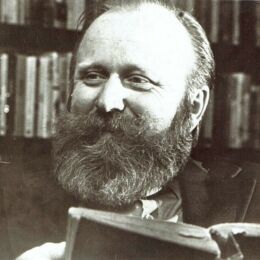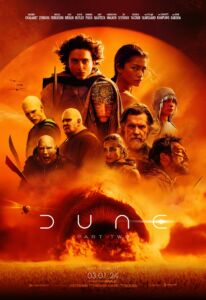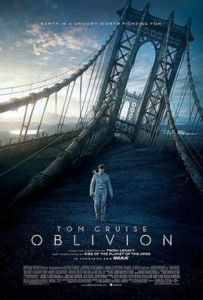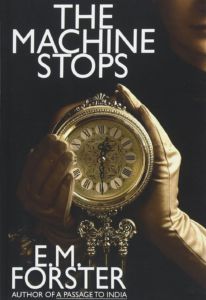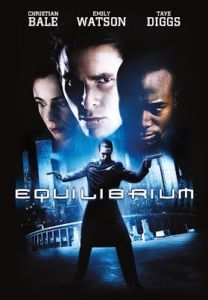Dune: Prophecy is a six-part, seven-hour HBO miniseries based on Brian Herbert and Kevin J. Anderson’s Great Schools of Dune trilogy (2012–2016). Brian Herbert is the son of Frank Herbert, the creator of Dune and the author of the first six Dune novels. After Frank Herbert’s death, Brian Herbert and Kevin J. Anderson began publishing a series of novels set in the Dune universe.
Only two of these novels, Hunters of Dune (2006) and Sandworms of Dune (2007), are based on Frank Herbert’s notes (for Dune 7). (more…)



